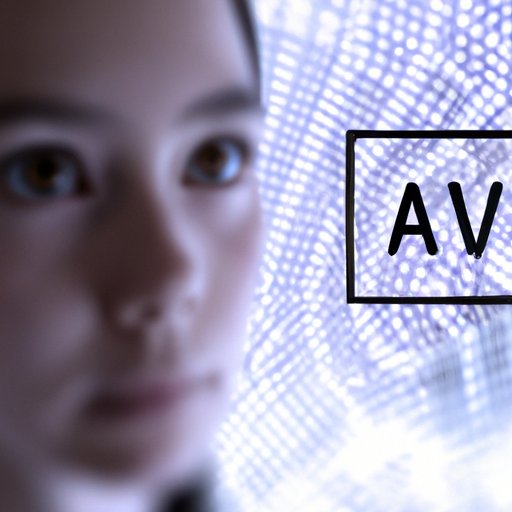Introduction
Artificial intelligence (AI) has come a long way since its inception in the 1950s. What began as an academic pursuit to develop machines that could think like humans has evolved into a sophisticated technology that can learn, reason, and make decisions. Today, AI is being used in a variety of ways in industries such as healthcare, finance, and transportation. The most recent development in this field is advanced AI, which is making it possible for machines to solve complex problems and make decisions that were previously thought to be impossible.
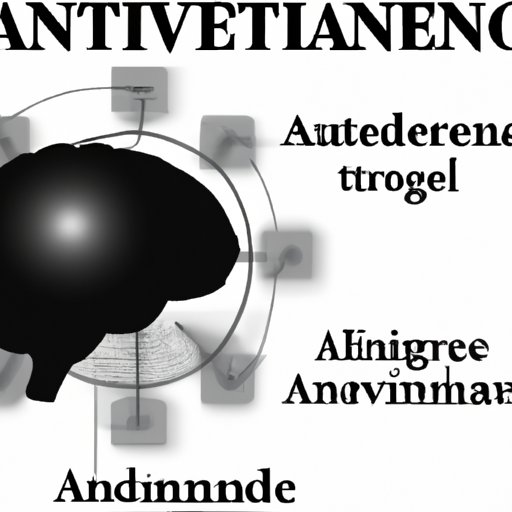
Definition of Advanced Artificial Intelligence
Advanced artificial intelligence (AI) is a term used to describe the development of machines that have the ability to learn, think, and act just like humans. It is a subset of AI that focuses on the development of machines that can understand complex tasks and make decisions based on the data they receive. These machines are able to process large amounts of data quickly and accurately, and use this information to make decisions or take actions autonomously.
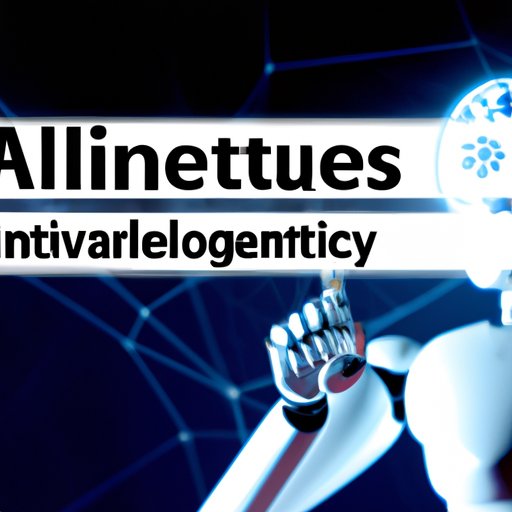
Benefits of Advanced Artificial Intelligence
The potential benefits of advanced AI are numerous. For starters, it can help businesses become more efficient and cost-effective by automating tedious tasks and reducing human error. Additionally, advanced AI can be used to detect and prevent fraud, as well as identify new opportunities for growth. Finally, advanced AI can help to improve customer service by providing personalized recommendations and advice.
Challenges and Opportunities of Advanced AI
Despite its potential benefits, advanced AI also poses some challenges and opportunities. One of the biggest challenges is the cost and accessibility of the technology. Many companies may not be able to afford the technology, or may not have the resources to implement it. Additionally, there is a potential for automation to replace human labor, which could lead to job losses in certain industries. Finally, there are security concerns surrounding the use of advanced AI, as it could allow hackers to gain access to sensitive data.
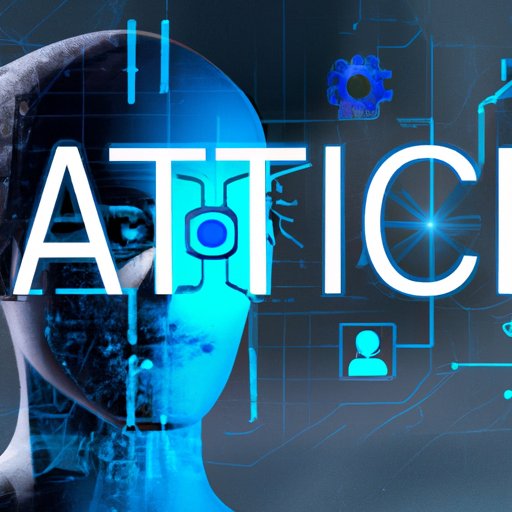
Impact of Advanced AI on Society
The impact of advanced AI on society is both positive and negative. On the one hand, it can help to reduce poverty and inequality by providing better access to healthcare, education, and other essential services. Additionally, it can help to improve public safety by detecting and preventing crime. On the other hand, it could lead to increased surveillance and privacy violations, as well as job losses due to automation.
Current State of Advanced Artificial Intelligence
The current state of advanced AI is one of rapid development. Research and development efforts are ongoing in universities and private companies, and these efforts are resulting in the deployment of AI technologies in various industries. Machine learning and natural language processing are two of the most common forms of advanced AI, and computer vision is becoming increasingly popular.
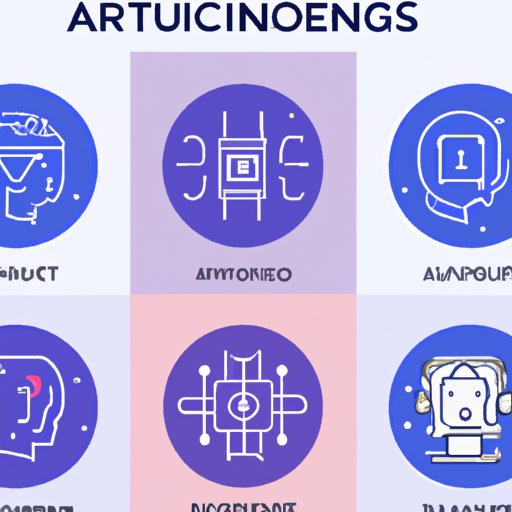
Different Types of Advanced AI Technologies
There are several different types of advanced AI technologies that are currently being used or developed. Machine learning uses algorithms to analyze data and identify patterns, and is used in a variety of applications such as facial recognition and self-driving cars. Natural language processing is used to interpret spoken and written language, and is used in chatbots and virtual assistants. Computer vision combines image recognition and object detection to recognize objects in images and videos, and is used in autonomous vehicles and medical imaging.
Future of Advanced AI Development
The future of advanced AI is still uncertain, but there are some potential applications that could revolutionize the way we live and work. For example, advanced AI could be used to create intelligent robots that can interact with humans and perform complex tasks. Additionally, AI could be used to automate mundane tasks and free up more time for people to focus on creative endeavors. However, there are also regulatory considerations that must be taken into account before advanced AI can be deployed on a large scale.
Conclusion
Advanced artificial intelligence is a rapidly developing field with potential applications across many industries. While there are many benefits to using advanced AI, there are also challenges and potential risks that must be addressed. It is important to consider the impact of advanced AI on society, as well as the current state of development and different types of technologies. With the right regulations and research, advanced AI could be a powerful tool for improving our lives.
(Note: Is this article not meeting your expectations? Do you have knowledge or insights to share? Unlock new opportunities and expand your reach by joining our authors team. Click Registration to join us and share your expertise with our readers.)
